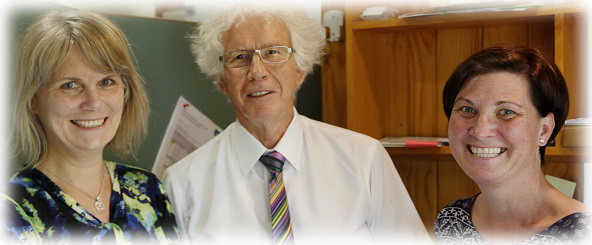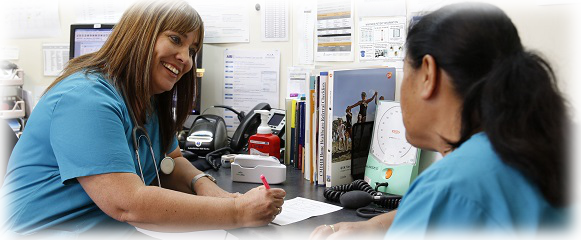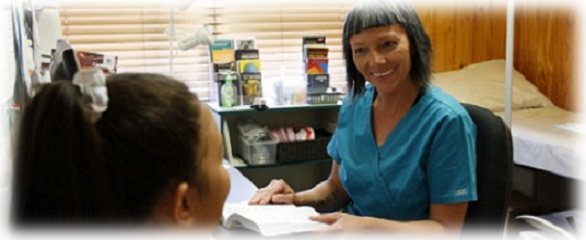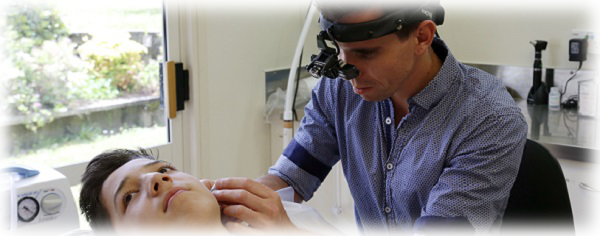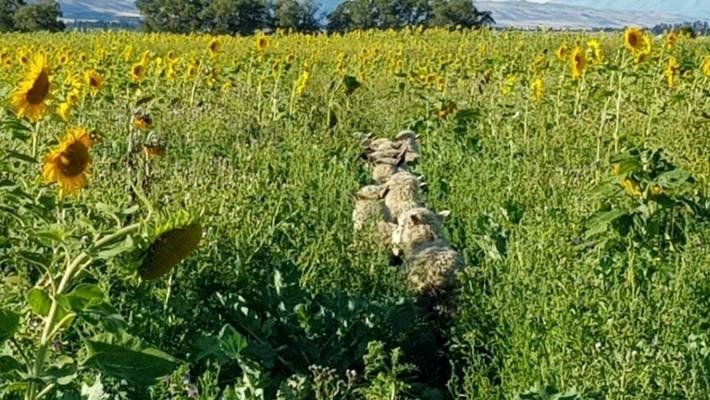28 April 2020 Millhouse Update 7
Dear Valued Millhouse Patient
Day 34 of the Covid-19 lockdown period as we enter LEVEL 3.
I am grateful we have passed through Level 4, limiting mortality to a few New Zealanders compared with another 207,000 who have died around the world. I'm also thankful we are now moving to Level 3 in a less-restricted environment, enabling many to work and begin the process of resurrecting the economy which is desperately needed.
Remember if you have multiple medical conditions, any of which are potentially life-threatening, continue to be vigilant living within your bubble, as you are still at great risk as long as Covid-19 cases are in New Zealand..
Repeat Prescriptions. Over recent months many have accessed the ManageMyHealth patient portal where investigation results can be viewed, and repeat prescriptions processed directly by your doctor. Currently the majority of script requests are still coming through the Millhouse website, which means they need processing and printing by the reception-nurse team before being given to the doctor. If you can move to using the ManageMyHealth pathway for scripts, this would be appreciated. If you don't have access to the patient portal, please ring Reception who will TEXT a unique access code to allow you to use the MMH site.
Also, please remember when requesting a script to indicate the chemist's name and address, and whether they are a Unichem, Life or Warehouse pharmacy.
E-Labs. From last week we are now able to send laboratory requests directly to LABTESTs electronically. This means you do not need a LAB form when you have your blood taken at any collecting centre throughout the greater Auckland area.
'Healthy Soil = Healthy Animals = Healthy People'
On Sunday April 19th TV One 'Country Calendar' highlighted the regenerative agriculture practices adopted by the 9300-hectare sheep and beef farm, Linnburn Station, in 2014. These practices to protect the soil include choosing minimum soil disturbance, increased diversity of grass and other plant species, avoidance of synthetic sprays and fertilisers, and biological methods that enrich the soil's microenvironment. Encouraging growth of bacteria, fungi, earth worms, dung beetles and other soil life indirectly improves animal health. Manager Peter Barrett says, "we want to create healthy soils, which create healthy animals and therefore healthy people". The picture shows sheep grazing in tall grass with sunflower seeds.
Selenium. I have always had an interest in farming. When I first entered rural practice, my farmer patient Harry suggested I should supplement people with selenium, because he had observed a dramatic improvement in animal health and fertility rates using selenium on his farm. Northland was known to be deficient in selenium, and so are other parts of New Zealand, especially the North Island's volcanic plateau. I have been interested in selenium and its importance for human and animal health ever since.
In the sixties, in
China's north-eastern Keshan province, young mothers and children developed a heart muscle disease, a cardiomyopathy, which caused heart failure and fluid accumulation in the lung. Keshan Disease (KD) claimed many lives, and increased cancer risk, cardiovascular disease, hypertension, and strokes. Researchers discovered that the disease was occurring in selenium-deficient areas; when selenium was supplemented, the incidence of cardiomyopathy dramatically declined. The locals also found the Chinese herb Astragalus, which is known to accumulate selenium from the soil, helpful for infectious illness.
I can hear you saying, what has this to do with the Covid-19 viral illness? Chinese investigators later realised that Keshan Disease was not a selenium-deficiency disease, but due to a virulent strain of the RNA Coxsackie B virus; they found that selenium inhibited its action in the cell.
Senegal. A large part of sub-Saharan Africa is selenium-deficient; the exception is Senegal where soils are derived from enriched marine sediments. In the earlier years of the HIV/AIDs epidemic in Africa, the prevalence of infection in women presenting to antenatal clinics in the capital Dakar was exceptionally low, and observations since have shown that selenium slows the replication of the virus.
Selenium deficiency impairs immune function. Supplementing, even when levels are normal, improves the fighting action of white cells. No researcher yet has tested the effects of selenium supplementation on Covid -19, but as with the other RNA viruses, HIV and Coxsackie, I believe the addition of selenium will have an inhibitory action on its development.
Dose: 100-200 micrograms selenium daily or eat 2-3 brazil nuts every day.
Remember that Millhouse is your 'health care home' and if you are lonely or anxious, or have any distressing symptoms, please ring our nursing team or make a phone appointment with your doctor.
Yours in good health,
Dr Richard J Coleman



